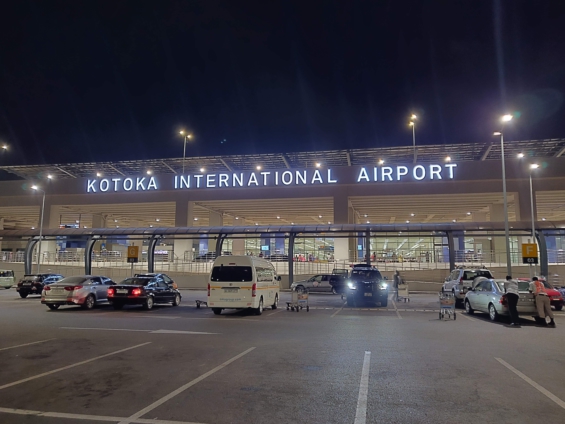Nigeria Halts Controversial Expatriate Levy Amid Backlash
Following strong opposition, President Bola Tinubu has decided to temporarily halt the implementation of his controversial annual levy, which required companies employing foreign nationals to pay up to $15,000 for directors and $10,000 for other employees.
Following a meeting in Abuja, the Ministry of Interior declared the delay to allow for stakeholder consultations.
Various organizations strongly opposed the fee, which was intended to reduce the exploitation of expatriate quotas and promote employment possibilities for Nigerians while bridging salary gaps. The government's move to reevaluate the levy's effects on the business sector was welcomed by the Nigerian Association of Chambers of Commerce, Industry, Mines, and Agriculture (NACCIMA), which cited a commitment to creating an environment that is favorable to both domestic and foreign investors.
Groups like the Nigeria Employers' Consultative Association (Neca) and the Manufacturers Association of Nigeria (Man) raised concerns over the levy's potential negative effects on Nigeria's economy, particularly amidst the country's current economic challenges. Neca labeled the policy as "worrisome," warning of increased unemployment and socio-economic repercussions, while Man criticized it as punitive and detrimental to Nigeria's attractiveness as an investment destination.
With over 150,000 expatriates working in sectors like oil and gas, construction, telecommunications, and hospitality in Nigeria, the levy's suspension reflects a pause in its implementation pending further consultations. President Tinubu acknowledged the country's economic difficulties, including rising prices and inflation driven by currency devaluation, affirming ongoing efforts to bolster Nigeria's financial stability and economic growth.
.webp)



Comments
Post a Comment